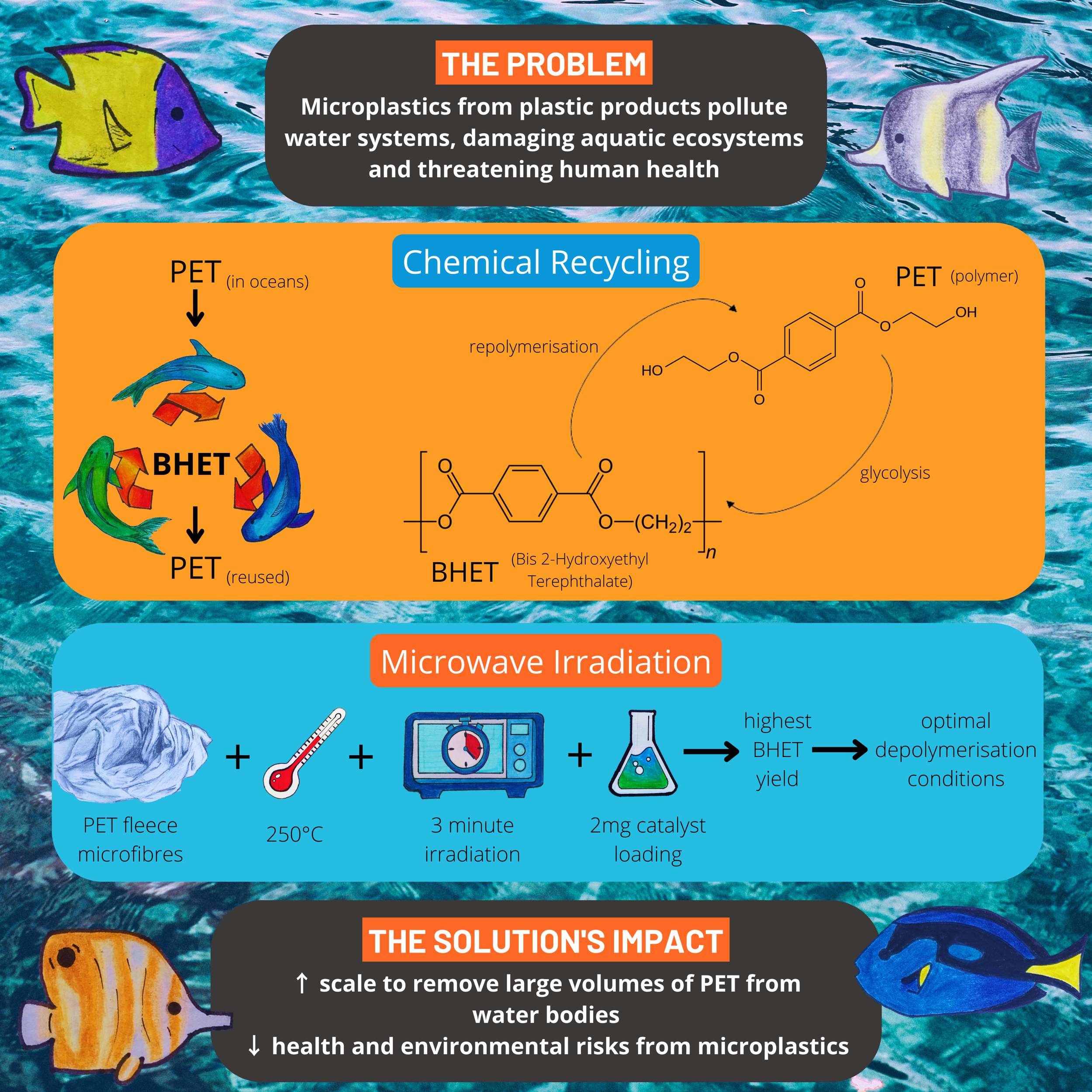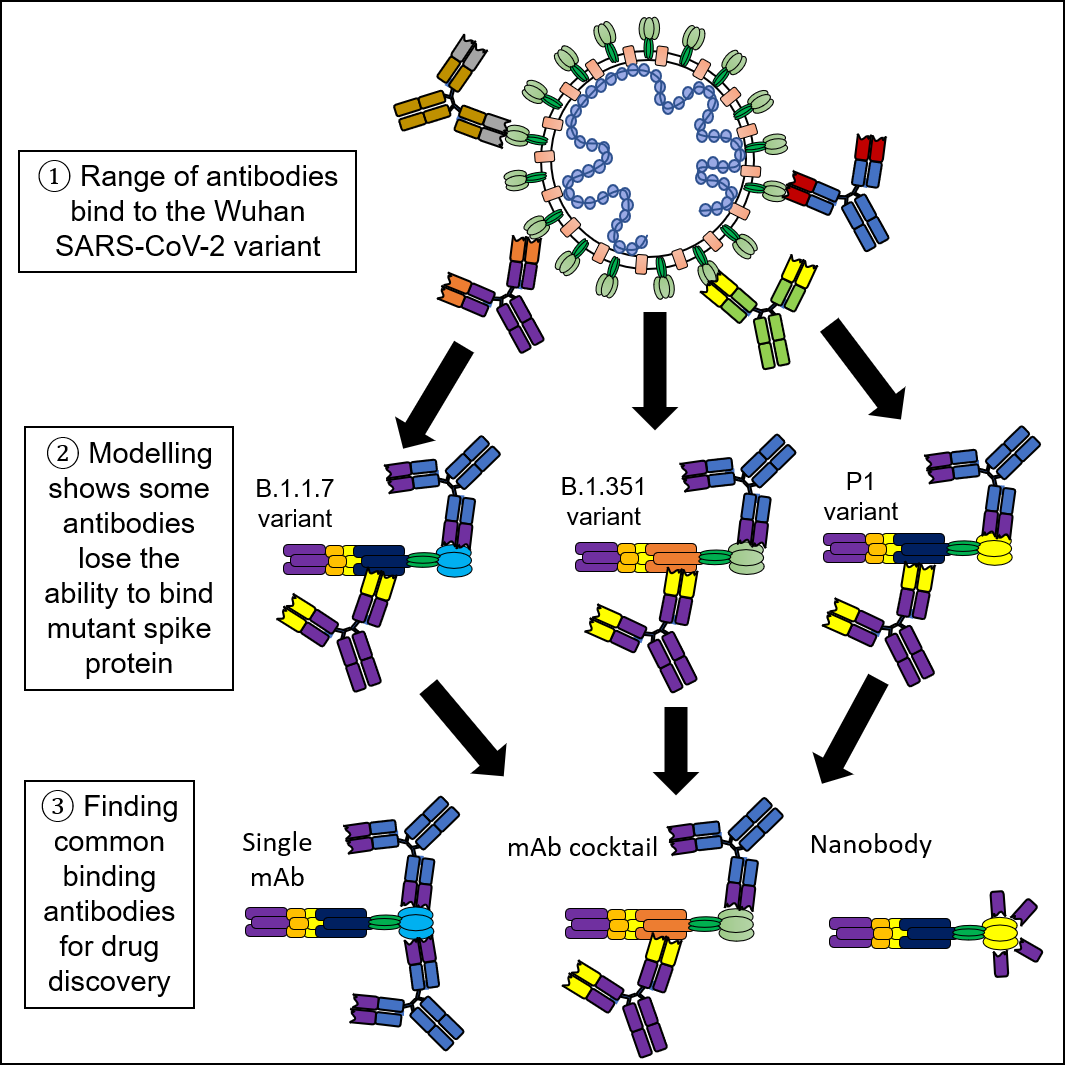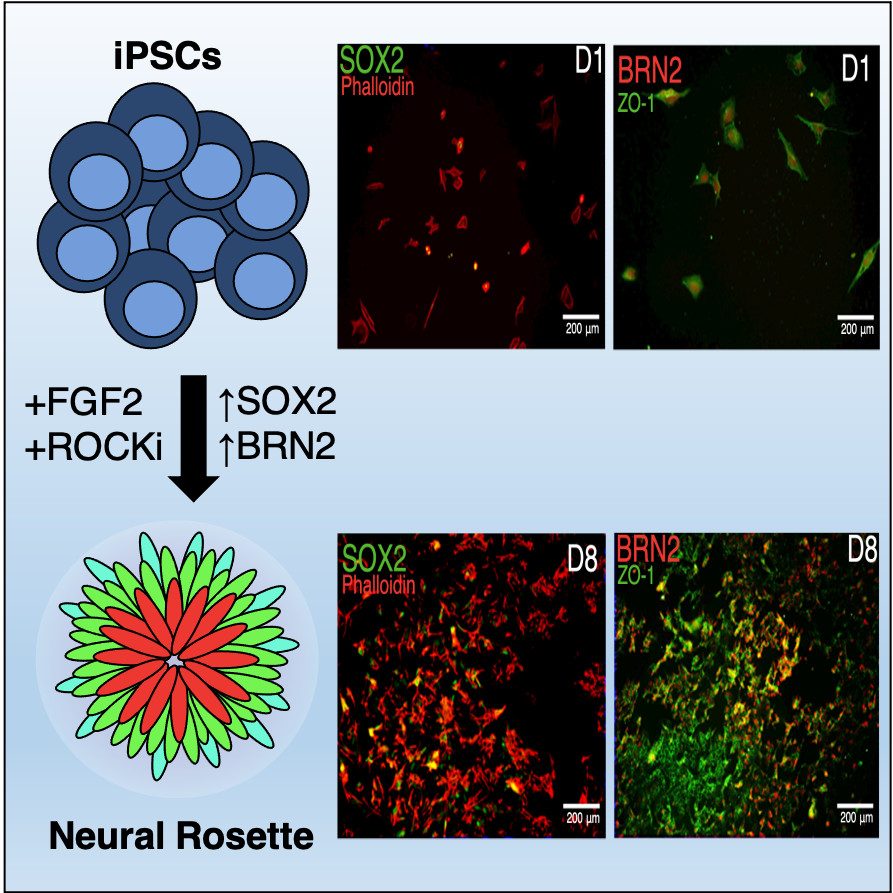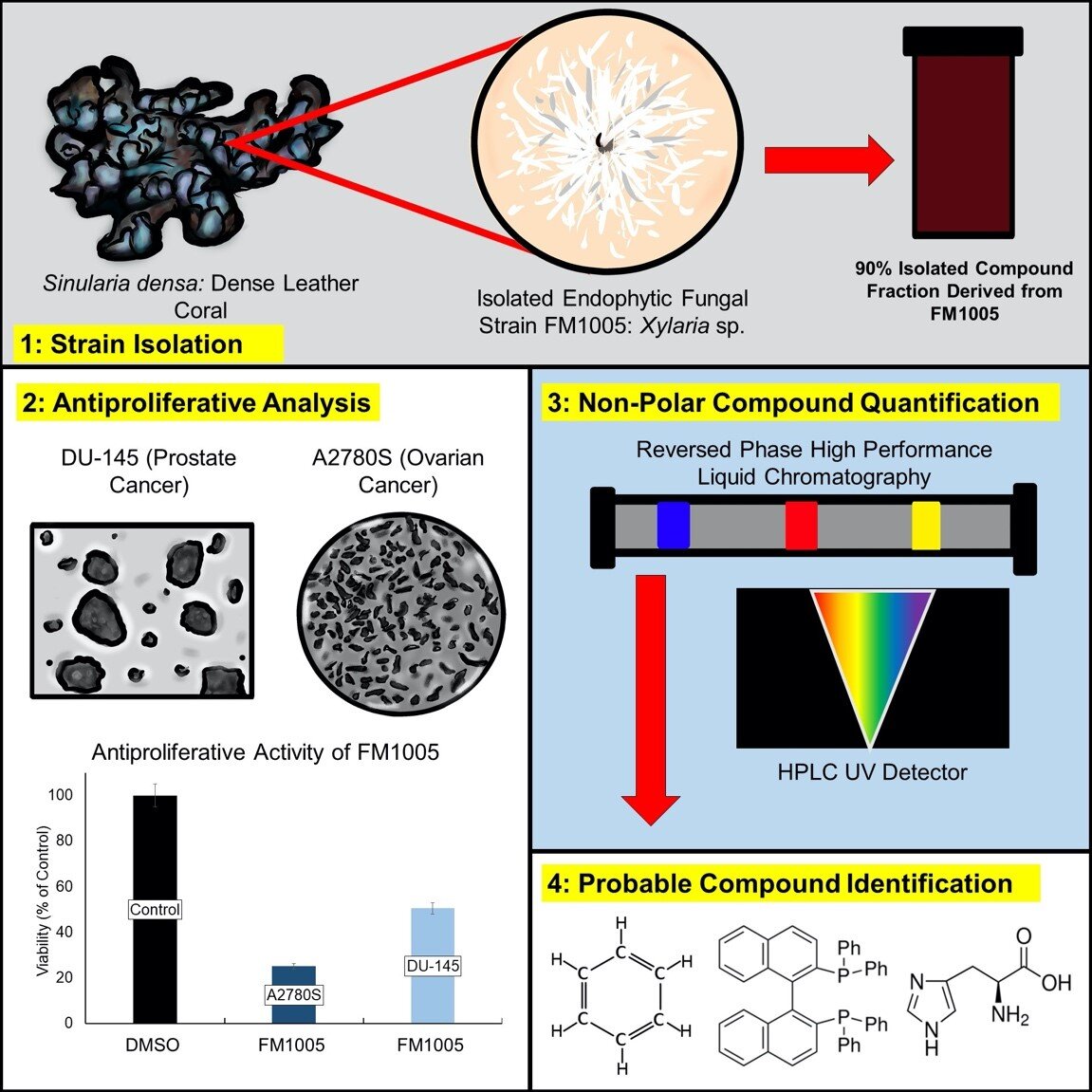Latest Articles
Sort by SDGs…
Or by Style…

The Use of Mycelium Bio-Composites for Environmentally Sustainable Insulation
Poorly insulated buildings drive higher energy usage and greenhouse gas emissions, but current insulation materials are unsustainable. Mark Velichko investigates the potential of new, low-cost and environmentally friendly materials such as fungal mycelium bio-composites, which could provide a sustainable construction solution.

3D Prototyping an Alternative Mask for Kids
During the COVID-19 pandemic, many students were required to wear masks in schools to prevent the spread of SARS-CoV-2. Miriam and Ruth Turk present how they have developed a reusable and effective mask that children are able to wear throughout the school day.

Optimising the Depolymerisation of PET Fleece Microplastics Through Microwave Irradiation
Millions of tonnes of plastics are estimated to enter the ocean each year, including polyethylene terephthalate (PET), the world’s most used plastics. Although PET recycling is common, Rya Adronov presents how optimising this process could ultimately reduce the excessive amount of PET microfibres polluting our oceans in the future.

Modelling the Interactions Between SARS-CoV-2 Spike Protein and Monoclonal Antibodies to Inform Translational Approaches to Treat COVID-19 Infection
SARS-CoV-2 has infected hundreds of millions of people worldwide, and initial data has shown that several variants of concern can be more infectious and even escape antibody neutralisation. Therefore, Robert Naughton investigates the relationship between monoclonal antibodies (mAbs) and the SARS-CoV-2 spike protein, which facilitates the virus's entry.

Cyclo.Plas 2: A Dual Focus Development as Alternative Materials to Plastic by Upcycling Fish Scale Waste Components
Plastic is a useful material, but plastic pollution is a huge issue for our planet and human health. Using biomimicry of fish scale composition, calcium salts and collagen, Jacqueline Prawira has developed a new material - Cyclo.Plas 2 - as an alternative to plastic, promoting a more circular economy and addressing the plastic problem.

SOX2 and BRN2 as Key Transcription Factors in Neural Rosette Formation In Vitro
Cell models are used around the world for biomedical research into disease, so it is important we are able to tailor them to our needs. Zuzana Hudáčová investigates how neural rosettes are able to form at a molecular level and discusses their implications for stem cell research.

Utilizing HPLC to Analyze the Presence of Anticancerous Compounds Residing from the Isolate FM1005 (Xylaria sp.) Derived from Sinularia densa
The diversity within Hawaii's intertwined marine reef systems opens the door for interdisciplinary knowledge to be applied and expanded upon. Lela DeVine dives into research to identify potentially anticancerous marine sources through marine-based pharmacology.


















